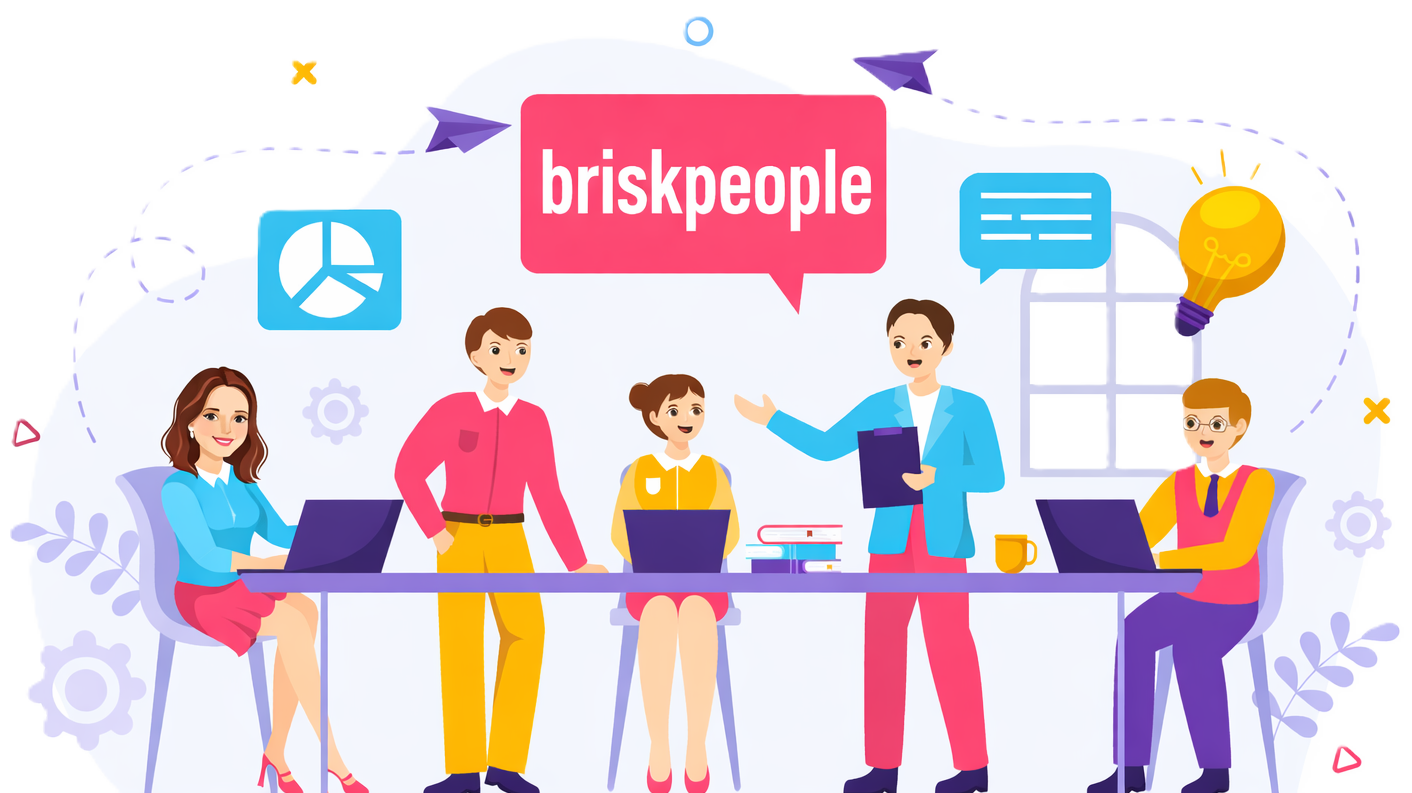In a digital world increasingly concerned with data privacy and security, Zero-Knowledge Proofs (ZKPs) are gaining recognition as a revolutionary cryptographic method. They allow one party to prove to another that a statement is true, without revealing any additional information. In this article, we explore the concept of zero-knowledge proofs, how they work, and why they are crucial for the future of secure digital communication and blockchain technology.
What Are Zero-Knowledge Proofs?
A Zero-Knowledge Proof is a cryptographic technique that enables a prover to convince a verifier that a certain piece of information is true—without revealing the actual data itself. This powerful capability ensures privacy without compromise, making it ideal for applications where data confidentiality is paramount.
Key Characteristics of Zero-Knowledge Proofs:
- Completeness: If the statement is true, an honest verifier will be convinced by an honest prover.
- Soundness: If the statement is false, no dishonest prover can convince the verifier that it is true.
- Zero-Knowledge: The verifier learns nothing beyond the validity of the statement.
Why Zero-Knowledge Proofs Matter
As digital interactions become more complex, the need for privacy-preserving protocols grows. ZKPs are increasingly being integrated into blockchain systems, digital identity verification, financial transactions, and more. However, you may curious about What Is Blockchain and how does it work? Well dive it to this, first check out the benefits of zero-knowledge proofs.
Benefits of Zero-Knowledge Proofs:
- Enhanced Privacy: Users can prove their identity or the validity of data without exposing sensitive information.
- Improved Security: Reduces attack surfaces by limiting the amount of data shared.
- Scalability in Blockchain: ZKPs can compress transaction data, improving throughput and reducing storage requirements.
- Regulatory Compliance: Enables proof of compliance without disclosing proprietary or personal information.
How Zero-Knowledge Proofs Work
There are different types of ZKPs, including interactive and non-interactive protocols. Here’s a high-level overview:
1. Interactive Zero-Knowledge Proofs
These require a back-and-forth exchange between the prover and verifier. A classic example is the Ali Baba cave analogy, where a prover demonstrates knowledge of a secret path in a cave without revealing the path itself.
2. Non-Interactive Zero-Knowledge Proofs (NIZK)
These eliminate the need for interaction by generating a single cryptographic proof, verifiable independently. This is particularly useful in blockchain environments, where real-time interaction is impractical.
3. zk-SNARKs and zk-STARKs
Popular in blockchain applications:
- zk-SNARKs: Require a trusted setup but offer succinct proofs.
- zk-STARKs: More scalable and transparent, with no need for a trusted setup.
Real-World Applications of Zero-Knowledge Proofs
1. Blockchain & Cryptocurrency
Projects like Zcash, Ethereum, and Polygon use ZKPs to ensure transaction privacy and improve network scalability.
2. Digital Identity
ZKPs enable self-sovereign identity systems where users control and verify their credentials without exposing personal data.
3. Secure Voting Systems
Zero-knowledge technology can ensure voter anonymity while maintaining the integrity of the vote.
4. Financial Services
Banks and fintech platforms can use ZKPs for KYC (Know Your Customer) and AML (Anti-Money Laundering) compliance without storing or transmitting sensitive user data.
Challenges and Future Outlook
While ZKPs offer groundbreaking advantages, they also face challenges:
- Computation Intensity: Generating proofs can be resource-heavy.
- Trusted Setups: Some protocols require initial configurations that must be securely managed.
- Adoption Barriers: The complexity of ZKP systems can hinder mainstream integration.
Despite these challenges, the future of Zero-Knowledge Proofs is bright. As demand for privacy-preserving technology grows, ZKPs are poised to become a foundational element in securing digital ecosystems.
Conclusion
Zero-Knowledge Proofs offer a powerful solution to the privacy vs. transparency dilemma in modern technology. From securing blockchain transactions to revolutionizing identity management, ZKPs provide privacy without compromise. As industries continue to prioritize data security, understanding and adopting ZKPs will be critical in building trustworthy, efficient, and private digital systems.






Leave a Reply